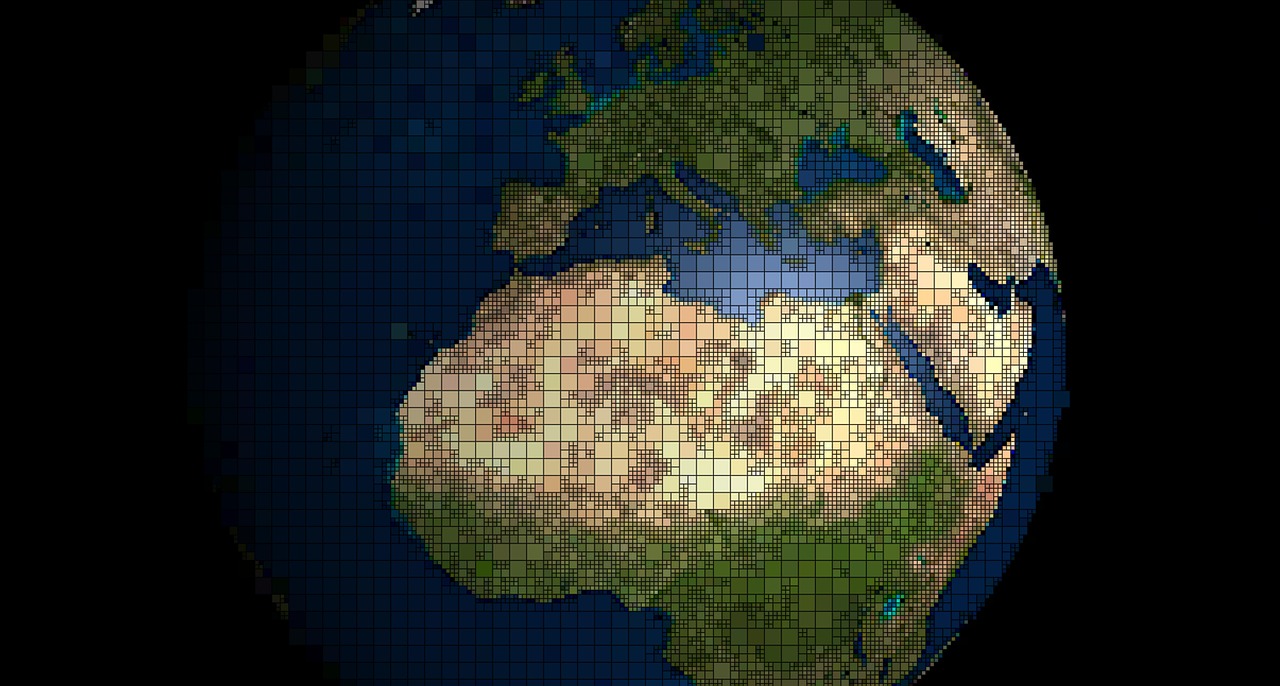
A four-day innovative workshop of two international projects (ISGEE and EUGLOH) took place at the end of November, where almost 40 international students could master entrepreneurship competences via the method of gamification. During the online workshop, participants also tested the demo version of the entrepreneurial serious game, called ‘Entrepoly’, developed by the ISGEE project.
The EUGLOH (European University Alliance for Global Health) consortium, set up by the University of Szeged and four foreign universities, is a unique alliance aiming – among others – at developing students’ skills for their future careers through innovative educational methods. The ‘Entrepoly week’ (titled „Entrepoly week - Fostering entrepreneurship competences with gamification”) was carried out between 23-26 November 2020, within the framework of the EUGLOH project. The ‘Entrepoly week’ was utilizing the results of another international project, namely the ISGEE project, carried out by six European institutions (University of Szeged, West-University of Timisoara, VSB Technical University of Ostrava, Univations, Stucom and Expertissa), in order to create a truly innovative four-day program for almost 40 international students.
The ISGEE project is an international partnership with Erasmus+ funding to develop digital entrepreneurship competences in a playful way, with the help of gamification. During the project, six international partners are developing a freely accessible serious game and a teacher’s interface, which can not only be included in education, but teachers could also flexibly customize the content of the game. Thus, the end result would be an enjoyable educational game that can fit almost any course.
With the cooperation of the two international projects, the staff of the Faculty of Economics and Business Administration organized a four-day workshop, in which nearly 40 students took part (both Bachelor’s, Master’s, and PhD level) from 5 partner countries of the EUGLOH association. The educators introduced entrepreneurship competences and gamification in a playful and interactive way. On the first day, students were able to gain knowledge regarding entrepreneurship competences. On the second day, the focus was on gamification and its usage, and students could try themselves in different gamified environments. On day three, participants had the opportunity to try the demo version of the game developing entrepreneurship competences, created in the ISGEE project. During this day, they had to solve a variety of creative tasks in the ‘Entrepoly’ serious game, from strategies for surviving a shipwreck to investment decisions in start-up companies – doing this with the support and supervision of the international partners of ISGEE project. On the last day, as a summary of the three previous days, students were given a team assignment. They had to come up with a mobile application idea under time pressure. This mobile app needed to encourage people to be environmentally friendly and act as conscious consumers in a playful way. Besides their creativity, this task also required students to use the skills acquired during the first three days.
Due to the current pandemic situation, the workshop took place online. Therefore, it was possible to acquire digital learning skills and cooperation methods as well. Students from all EUGLOH member institutions [Université Paris-Saclay (France), Ludwig Maximilian University of Munich (Germany), Lund University (Sweden), University of Porto (Portugal) and the University of Szeged] were represented at the workshop.
Based on the feedback from the students, they found the four-day workshop particularly enjoyable. They were able to learn the basics of entrepreneurship in a playful way by working in an international team. We hope that we will be able to create an equally fruitful cooperation in the future in order to improve education.

